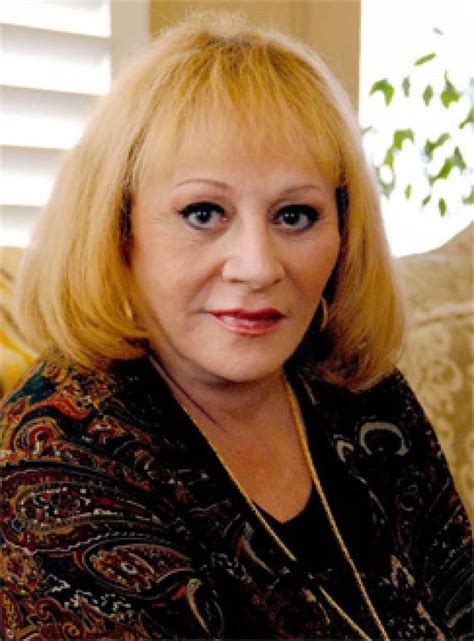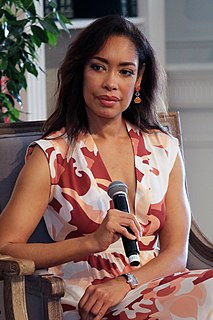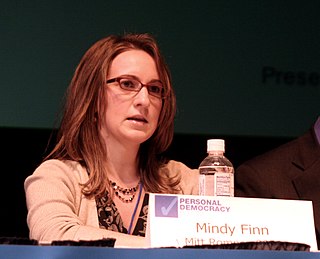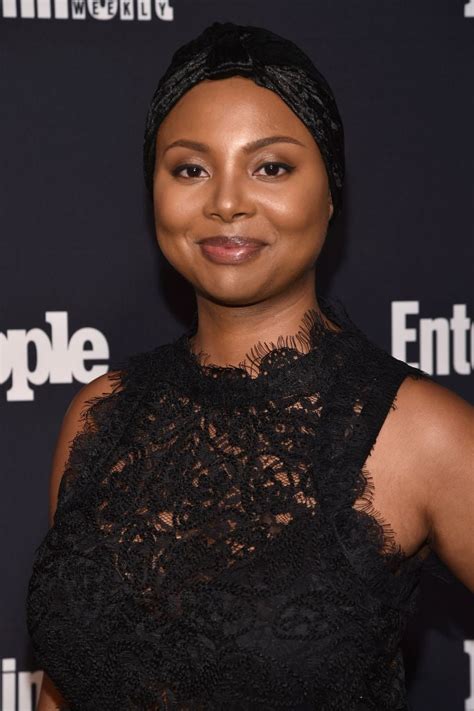A Quote by Octavia Spencer
There are so many more women and men who deserve opportunities. People of color. Period.
Quote Topics
Related Quotes
Let's acknowledge that men reach for opportunities more quickly and more easily than women. So often as managers, we give the job to whoever starts solving the problem, to whoever jumps in. Since we know men will jump in faster than women in so many circumstances, we have to slow down and encourage more women to sit at more tables.
Women's greater social desirability and beauty power afford opportunities for creating both measurable and invisible income. While the opportunities are available to almost all women and some men, they are available in abundance to the genetic celebrity ... a woman so beautiful that men do more than look and talk--they follow her.
I get very frustrated when I hear women saying, "Oh, feminism is passé," because I think feminism means empowerment. Men can be feminists, too! Many men are feminists. We need feminism. It's not against men; it's about the empowerment of women. It's the respect of women - giving women equal rights, the same opportunities.
What I wanted to do was put a woman of color, front and center, in my movie combining a lot of themes that were relevant to both men and women. I actively wanted her to carry the weight of this movie because I'm a woman. And I actively wanted to explore many of the issues that affected her as a woman of color. That was very important to me. And although these issues affect some women of color, I don't think they're only of interest to women of color. They're of universal interest.
I think the fact that our economy has changed dramatically over the last 20 years. It's a new economy that has really left some people behind but it has also leveled the playing field in way that has really provided access to women and people of every color, race, and creed to participate and thrive. So while that's not explicitly a women's issue, what it highlights is that women have more opportunities than they've ever had in this country.
My favorite thing to do is rip the covers off a script when reading for writers to hire and make everybody read without names on the covers of the script. I can't tell you how many times my writers, women and men, will pick people of color and women much more often than they would with a cover on the script.
I think the best way to control a population is to urbanize and to educate women. We have seen historically in many, many countries that once women are educated and have opportunities, and that happens when they live in cities and once they improve their economies, they no longer want to have eight kids. They want to have one or two or maybe three. And that is much more sustainable for them because they have other opportunities.




































